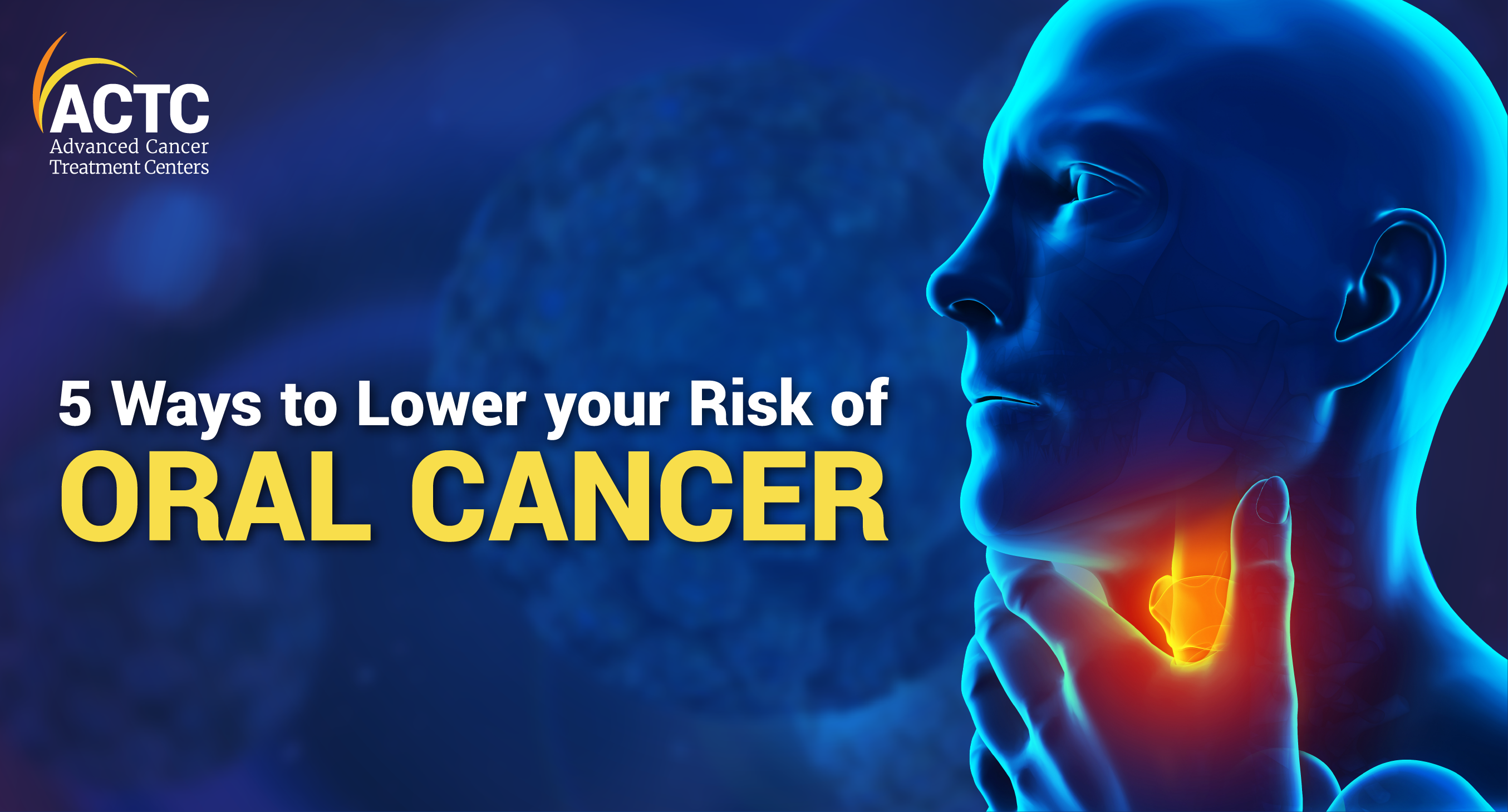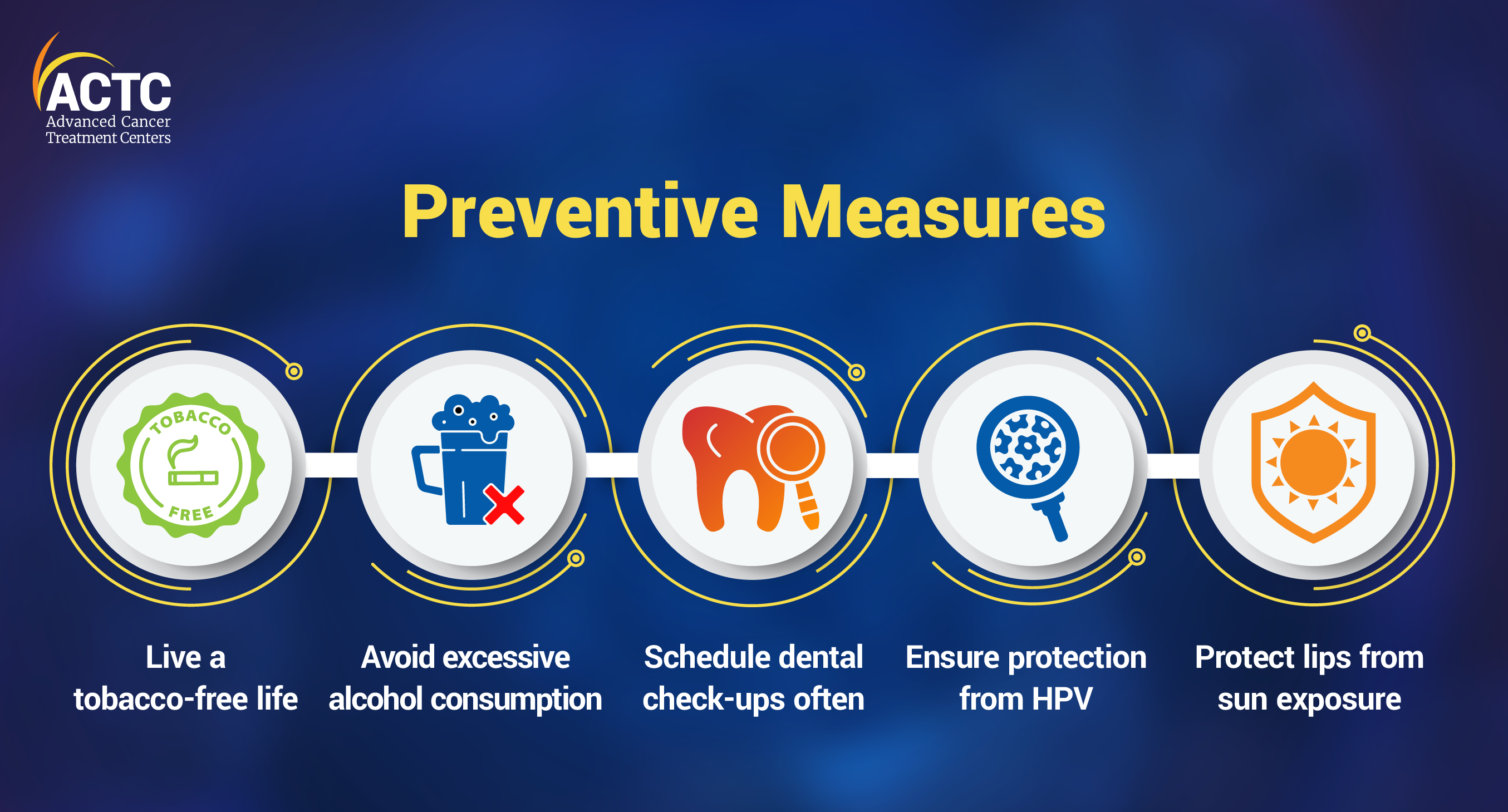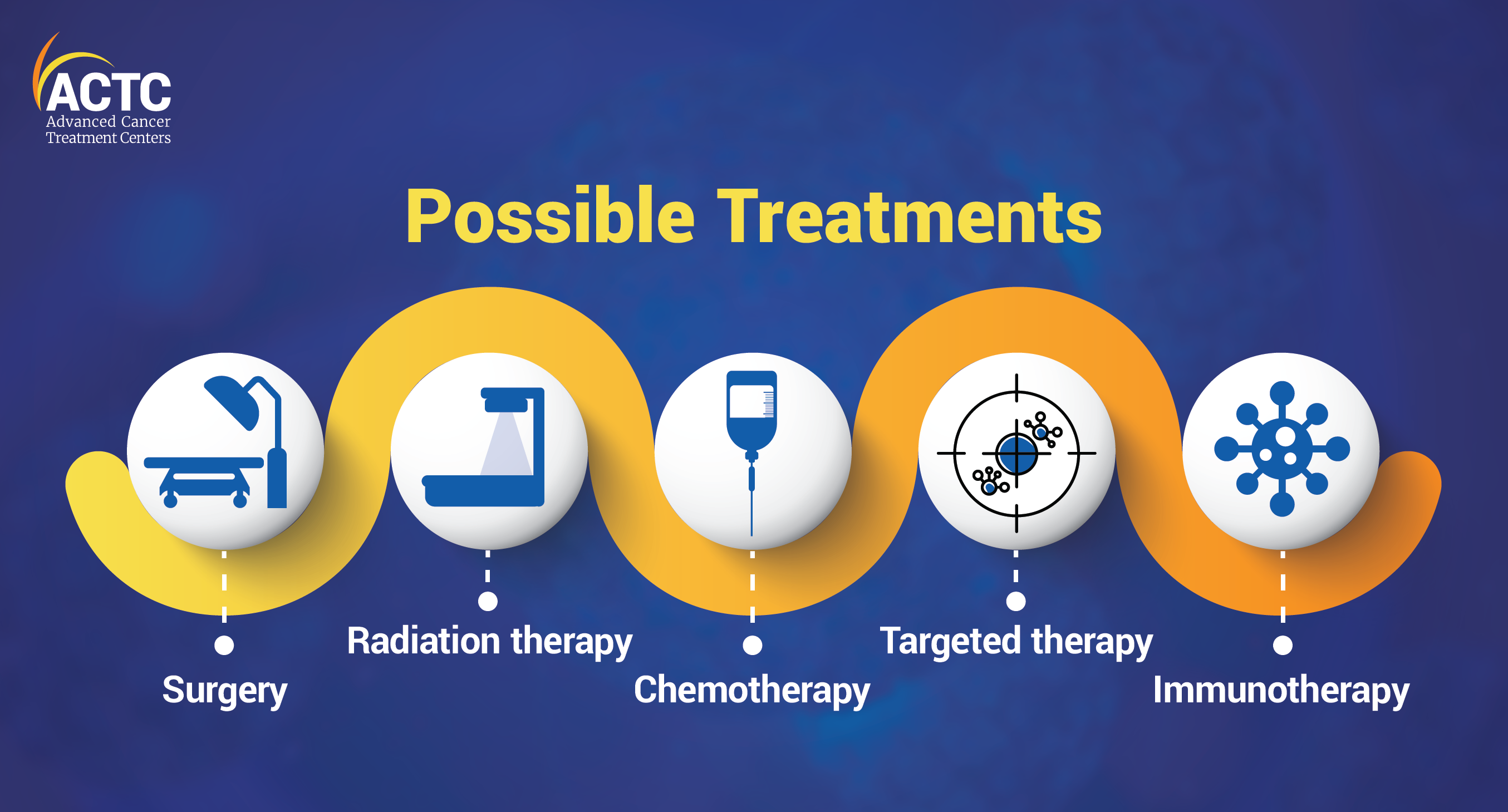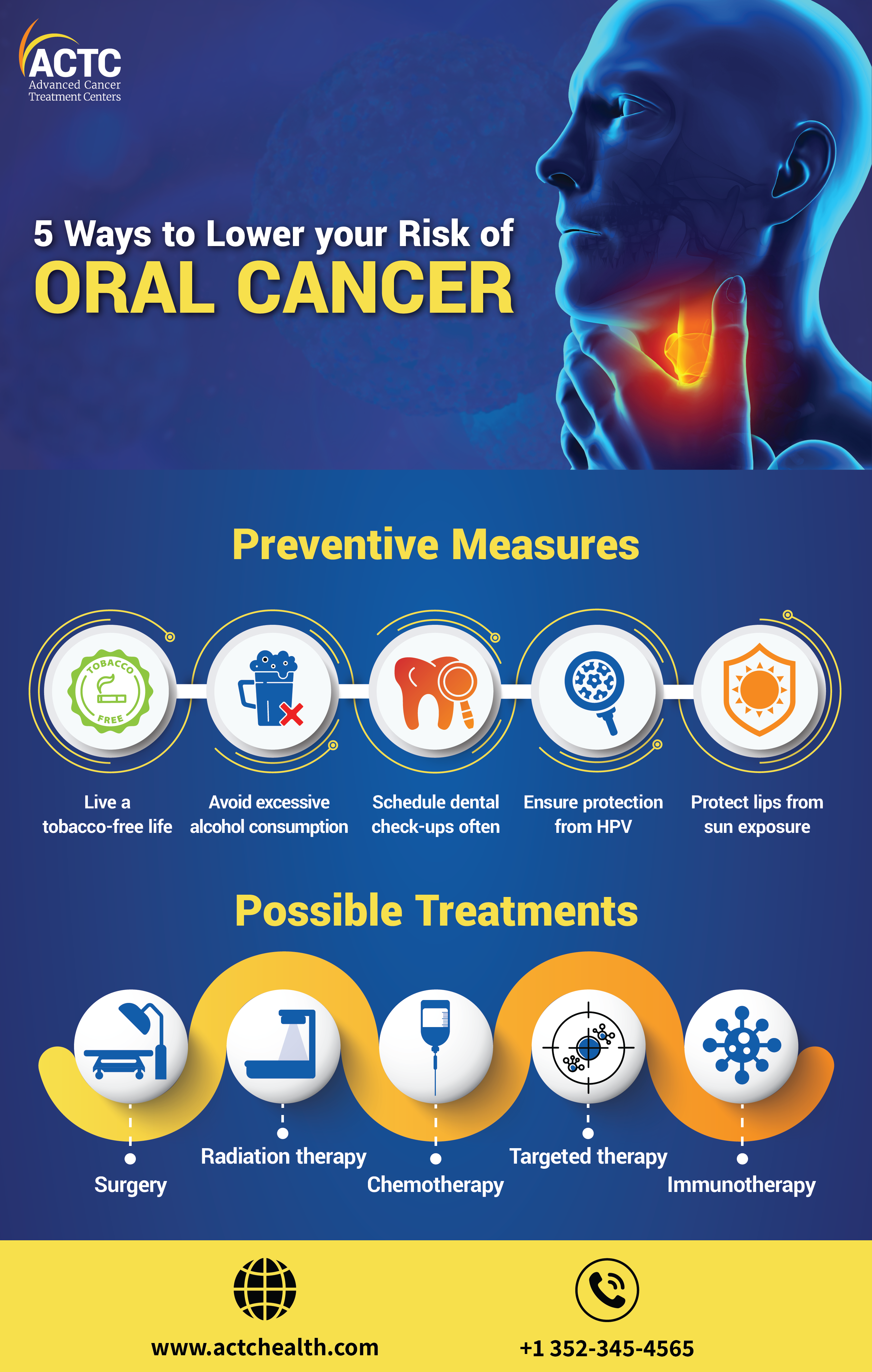
Book a Consultation
Thank you!
Your form has been sent successfully.



September 08, 2025
Oral and oropharyngeal cancer affects the mouth and the middle throat (oropharynx). Early signs can be subtle, so knowing what to look for and taking action quickly can make a real difference.
Oral cancer is cancer that begins inside your mouth, while oropharyngeal cancer occurs just behind the mouth in the middle throat area.
These cancers typically start in the surface lining cells (squamous cells) inside your mouth or throat. Early changes might look like a sore that doesn't heal, a lump, or a red or white spot in the mouth.
While anyone can develop oral cancer, your risk does increase as you get older.
Oral cancer can develop in several areas within and around the mouth. Common sites include the lips and gums, the floor of the mouth, and the area beneath the tongue.
Cancer may also form on the front part of the roof of your mouth or the area behind your wisdom teeth (retromolar area).

Common oral cancer symptoms include:
If you notice any of these symptoms lasting longer than two weeks, it's time to consult a health professional.

Your doctor selects treatment based on the type, location, stage of your cancer, and your overall health. Early-stage oral cancers may often be treated successfully with surgery alone.
More advanced cancers, on the other hand, typically require multiple treatments. This can mean surgery combined with radiation or chemotherapy.
Surgery involves removing the main tumor along with some surrounding healthy tissue, and sometimes lymph nodes.
If cancer has spread, procedures such as glossectomy (partial or full removal of the tongue), sentinel lymph node biopsy, or neck dissection might be necessary.
Radiation therapy uses a medical linear accelerator (radiation machine) to direct high-energy beams precisely toward the cancerous area. Radiation may be given alone or combined with chemotherapy, especially in advanced cases.
Chemotherapy involves medicines designed to kill cancer cells or stop them from growing. Typically, chemotherapy is given as outpatient care, though occasionally patients may require brief hospitalization depending on their treatment plan.
Targeted therapy uses special drugs that specifically interfere with cancer cells' growth signals. These therapies can be used alone or alongside other treatments, depending on your cancer's characteristics.
Immunotherapy is a biological therapy that helps your immune system recognize and attack cancer cells more effectively. Your specific immunotherapy schedule will be part of your overall care plan; details vary depending on your needs.
Your recovery experience can vary depending on the type of treatment you receive and your overall health. If surgery is extensive, such as for larger tumors, you may initially find speaking, chewing, or swallowing challenging.
Following your care team's advice and keeping regular follow-up appointments will help your recovery go as smoothly as possible.
If you or your loved one has been diagnosed with oral cancer and is looking for treatment options in Florida, medical oncologists at ACTC can help. It is our top priority to ensure our patients receive the best possible treatment.
We ensure that you receive support and care throughout your treatment and recovery period. Call 352-345-4565 or book an appointment.



January 07, 2026
A chemo port is a small device placed under your skin that makes recei...
KNOW MORE

December 24, 2025
It's natural to wonder if testosterone replacement therapy (TRT) is sa...
KNOW MORE

December 24, 2025
A rash that will not calm down is scary, especially when it changes or...
KNOW MORE

December 24, 2025
Florida’s lung cancer burden remains significant and affects many fa...
KNOW MORE

December 24, 2025
A partial hysterectomy, also called a supracervical hysterectomy, is s...
KNOW MORE

December 24, 2025
Finding a rash on your breast can be unsettling, but remember, many ra...
KNOW MORE
